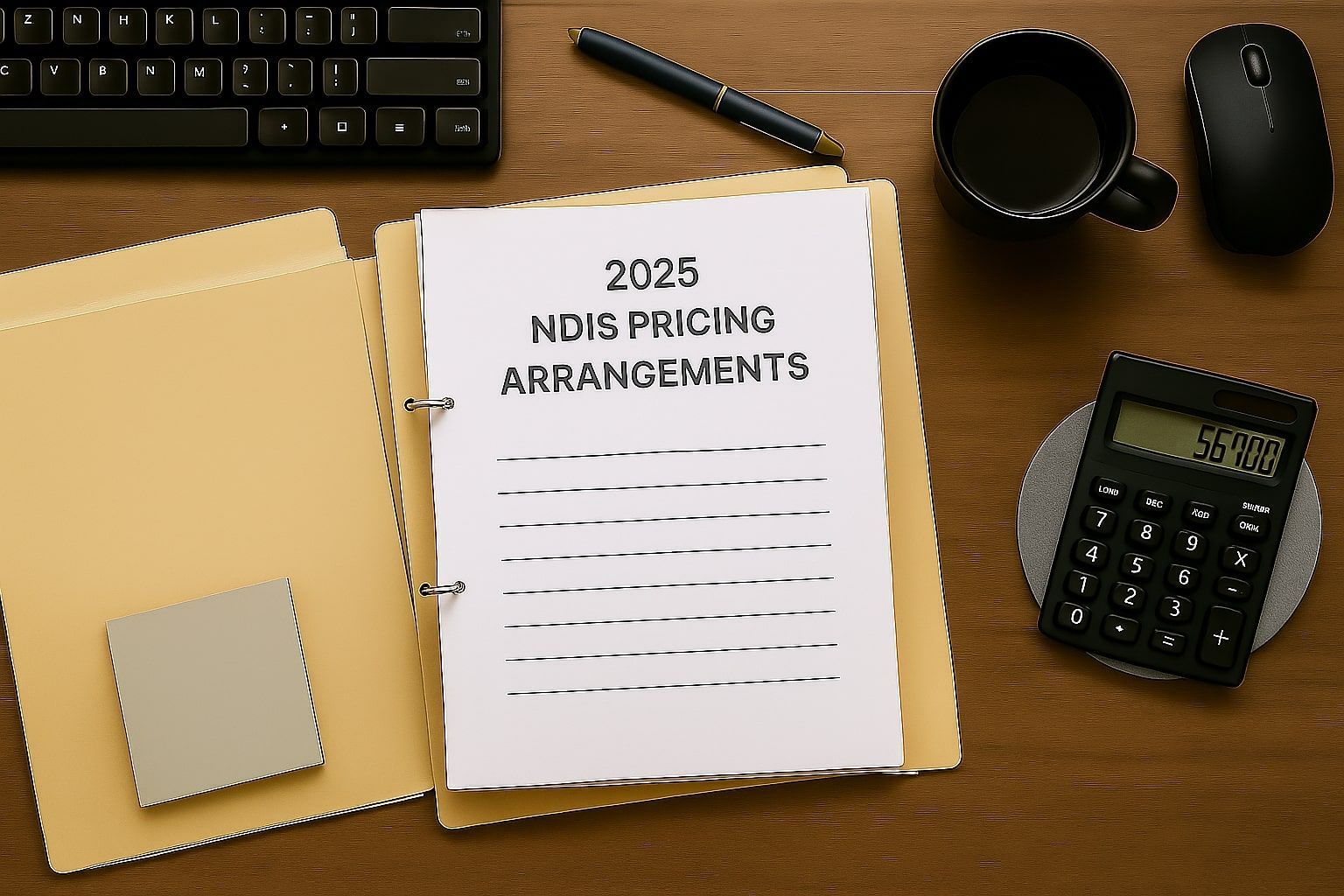Overcoming SDA Investment Challenges for Sustainable NDIS Rental Returns
Thinking about putting your money into SDA property? The SDA market is currently limited, with around 24,000 participants in Australia potentially eligible for SDA funding. However, this number is expected to increase significantly by 2042. Despite this growing demand for high-quality SDA properties, it is not as easy as it sounds.
Investors must be prepared with significant cash to cover construction and early vacancy periods as well as additional unforeseen expenses. Securing suitable tenants also presents a challenge, It's a lot to think about before making your move. Let's break it down and see how this article can tackle these issues head-on.
Read also: Can a Cash Buffer Really Boost Your NDIS Housing Returns?
Challenges and Risk that SDA Investors Face
Despite the growing interest in SDA investments, there remains a stark lack of resources for investors to deepen their understanding of the market. The process of tenant matching and the mix within properties to ensure they cater to the specific needs and funding levels of tenants are sometimes challenging.
Understanding the various SDA funding categories and how they impact income potential is vital. The main risks include tenancy issues—no tenants result in no income—and challenges with engaging providers. With an average fill time of 6 to 9 months for new properties. Ensuring properties exceed minimum standards and cater to the specific needs of tenants can mitigate these risks and provide long-term stability for investors and tenants alike.
The Financial Buffer: A Must-Have Safety Net
A substantial cash buffer of around $50,000 - $100,000 is a necessity to manage expenses during the construction phase and the initial vacancy period. This period can extend up to 18 months before any rental income begins to flow.
For NDIS Investors, this means planning for the long haul and ensuring that there are sufficient funds to cover all bases without the immediate gratification of rental income.
Beyond the price tag of your NDIS property investment, there lies a spectrum of additional costs that can significantly impact your budget. Legal fees, stamp duty, and SDA-specific costs such as provider engagement and participant placement fees can add an extra $30,000 to $60,000 to your investment. These numbers are factors that can influence the feasibility and success of your investment.
Understanding the Role of Providers
The success of your SDA investment heavily relies on securing the right tenants. Providers play a role in matching properties with suitable tenants to secure a steady income, based on varied tenant funding levels. They mitigate vacancy risks, ensure properties meet SDA compliance, and offer ongoing management, making the investment less hands-on for investors, yet they also represent a potential risk factor.
The challenge lies in selecting a provider who can effectively match your property with suitable tenants, ensuring your investment doesn't fall into the dreaded vacancy trap. This emphasises the need for NDIS investors to conduct thorough research and engage with reputable providers.
Read also: The Strategic Guide to NDIS Investment Properties
The Quest for Knowledge
Staying informed is a must to keep up with the market trends and understanding the evolving landscape of disability housing policies, the specific needs of your tenants, and the financial intricacies of the SDA market. While resources like the NDIS website, Housing Hub, and the Summer Foundation provide valuable information, the SDA housing market is still relatively new, and comprehensive resources are limited.
Regular updates on supply and demand, as well as detailed insights into specific regions can be valuable for investors considering significant investments. The more you know about this niche area will ensure you are better equipped to make decisions that will benefit both your tenants and your investment portfolio.
Loan-to-Value Ratios and Lending Options
Lending options for SDA properties aren't as straightforward as traditional property investments. You're looking at a smaller pool of specialised lenders and potentially higher loan-to-value ratios. Yet, for the informed investor, with limited options available from traditional banks, specialised non-bank lenders and knowledgeable mortgage brokers and managers can provide the necessary support for navigating SDA finance.
The Importance of Due Diligence
NDIS property investing goes beyond mere financial gain. It involves knowledge of tenant rights, the demand for various SDA housing options, and the industry's long-term prospects. Investors are exposed to risks due to uncertainties regarding NDIS funding and policy changes.
But the role that the SDA scheme's indexation to CPI plays within the larger NDIS ecosystem points to some stability in investment returns. The success of your investment depends not just on the numbers but also on your in-depth knowledge of the SDA ecosystem.
Transparency and Confidence
Your confidence as an investor is boosted by transparency. Partnering with vendors and advisors who provide clear and upfront information. Often, these vendors charge upfront fees, warranting caution. The last thing you want is to be enticed by guarantees of high returns without the data to back up such claims. Transparency is a sign of a credible, sustainable investment opportunity.
Conclusion
While NDIS property investing offers a chance for a rewarding venture, it requires a diligent approach. The allure of NDIS rental income and making a positive impact on the lives of people with disabilities is compelling, but the measured focus should be on strategic financial planning and a commitment to ethical investment, aiming to enhance the living conditions of individuals with disabilities while achieving sustainable investment returns.




